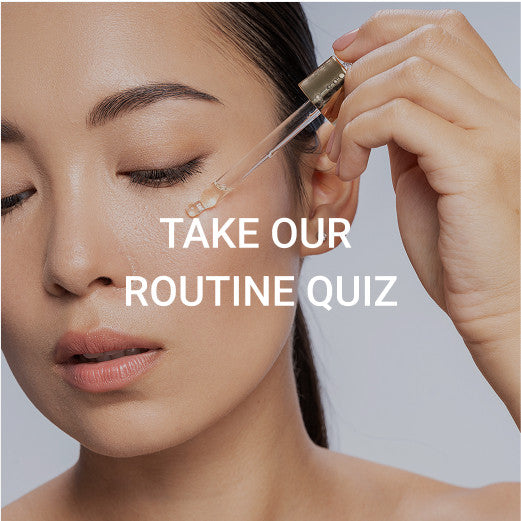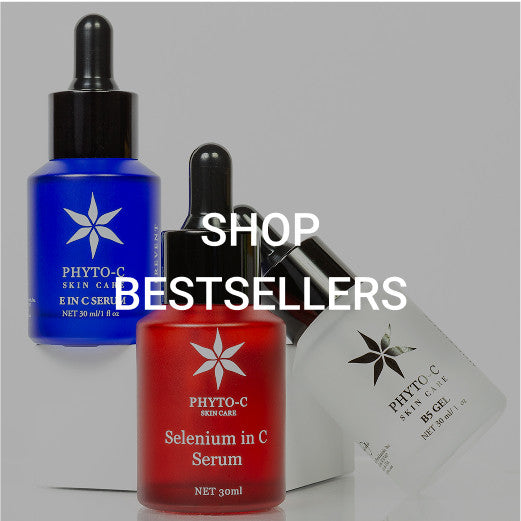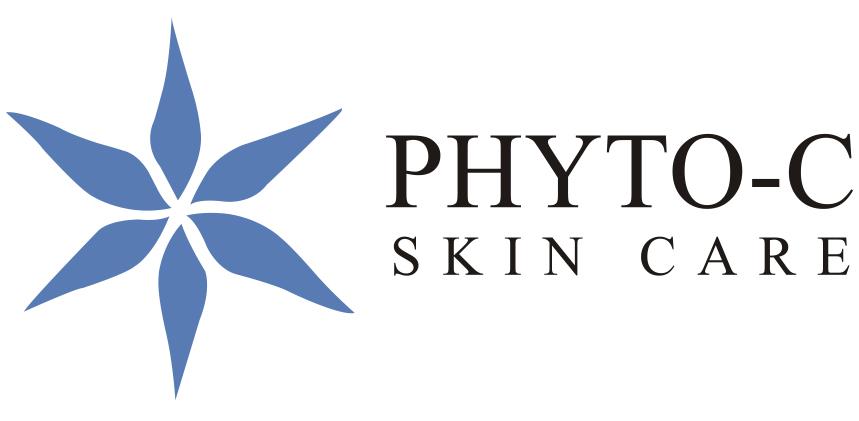When it comes to skincare, one question pops up often: Can I layer Vitamin C with other active ingredients? If you use a vitamin C serum for face, chances are you’ve wondered whether it’s safe to pair it with popular actives like retinol, niacinamide, or hyaluronic acid. The truth is, Vitamin C is a powerhouse ingredient known for brightening dull skin, fighting free radicals, and fading dark spots. But to get the most out of it, you need to know how it plays with other skincare ingredients. Using them the right way can supercharge your routine, while using them incorrectly may cause irritation or reduce effectiveness. Let’s break down how Vitamin C works with each of these actives so you can layer your routine with confidence.
Vitamin C and Retinol: Can They Work Together?
Vitamin C and retinol are two of the most talked-about skincare ingredients—and for good reason. Vitamin C boosts collagen production, reduces pigmentation, and protects against sun damage, while retinol speeds up cell turnover and minimizes fine lines. On paper, they sound like a dream team, but they both have strong, active properties that may be harsh if used together at the same time.
The best way to pair them is by separating their usage. Use Vitamin C in the morning to shield your skin from free radicals and UV damage, and apply retinol at night when your skin repairs itself. This way, both ingredients work at their peak without causing irritation. If you have sensitive skin, starting with a vitamin C skin serum in the morning is an excellent option before slowly introducing retinol into your nighttime routine.
Vitamin C and Niacinamide: A Power-Packed Duo
Niacinamide is a soothing ingredient that helps control oil, shrink pores, and calm redness. For a long time, there was a misconception that Vitamin C and niacinamide cancel each other out. Recent studies, however, show that they can work beautifully together.
When layered correctly, they complement each other: Vitamin C brightens and fades dark spots, while niacinamide strengthens your skin barrier and improves texture. If you deal with breakouts, this pairing is especially helpful because niacinamide’s calming effect can balance out the potency of this ever-so-famous skincare ingredients. A vitamin C serum for acne can be layered under niacinamide for extra protection and skin clarity. The key is to apply Vitamin C first (as it’s more acidic) and then follow with niacinamide to lock in hydration and smoothness.
Vitamin C and Hyaluronic Acid: The Perfect Match
If there's one product that goes hand-in-hand with Vitamin C, it's hyaluronic acid. Hyaluronic acid is a magnet for hydration, drawing water into the skin to leave it soft and dewy. Vitamin C, meanwhile, is all about repair and defense. Used in tandem, Vitamin C brightens while hyaluronic acid keeps your skin hydrated and comforted.
This combination works especially well if your skin tends towards dryness or sensitivity. Applying vitamin C serum for dry skin in combination with hyaluronic acid combats redness while leaving your skin looking healthy and radiant. Most dermatologists use this pair because it is gentle but highly effective, making it work for nearly every skin type. In fact, if you’re looking for the most effective vitamin C serum, pairing it with hyaluronic acid can maximize results without overwhelming your skin.
Vitamin C and Sunscreen: A Must-Have Combo
If there’s one pairing skincare experts swear by, it’s Vitamin C with sunscreen. Vitamin C is a powerful antioxidant that neutralizes free radicals, while sunscreen protects against harmful UV rays. When layered together, they offer double protection against sun damage, premature aging, and hyperpigmentation.
Always apply your Vitamin C first and then follow up with sunscreen. This not only boosts the effectiveness of your SPF but also ensures your vitamin C serum for face works throughout the day. For anyone serious about preventing dark spots or keeping their complexion youthful, this combination is non-negotiable. It’s one of the simplest yet most effective ways to safeguard your skin against long-term damage.
Vitamin C and Exfoliating Acids: Use With Care
AHAs (such as glycolic acid) and BHAs (such as salicylic acid) are trendy exfoliants that eliminate dead skin cells and soften the skin. Both of them are amazing, but with Vitamin C, additional precautions are required. Because Vitamin C is already an acid, layering it with potent exfoliating acids can enhance sensitivity, redness, or even peeling.
The best way is to apply them on alternate days. Like, apply a vitamin C facial serum during the day for brightening and safeguarding, and follow it up with an AHA or BHA product at night to resurface your skin. This way, you get to benefit from both without overloading your skin. If glow with smooth texture is your target, this alternate routine will give you visible results safely.
Which Vitamin C Serum Is Best For You?
The quality of your Vitamin C product plays a significant role in how any combination works. Opting for the vitamin C serum that contains stable formulation such as L-ascorbic acid or derivatives guarantees that your skin gets to experience the full effects. For those with oily pores, select the best vitamin C serum for oily skin that exists in lightweight, non-comedogenic formulations. For combination or dry skin types, opt for moisturizing blends containing calming ingredients. The ideal formula will make sure that your Vitamin C gets along with other actives and gives visible results.
Final Thoughts
Vitamin C is a very versatile ingredient in skincare, but understanding how to blend it with other actives truly makes a difference. With retinol, the timing is everything—Vitamin C in the morning and retinol at night treats you to both with no irritation. With niacinamide, it's more about layering perfectly to brighten, soothe, and regulate the skin. And with hyaluronic acid, you have a match made in skincare heaven—hydration and glow combined.
Ultimately, the key to radiant skin comes down to discovering combinations that work best for you. If you're combating dark spots, acne scars, or dullness, matching the right ingredients guarantees your skin appears healthier and brighter. And don't forget that consistency is just as important as the products themselves.
If you’re ready to elevate your skincare routine, explore high-quality formulations like those from Phyto-C Skin Care , trusted for their science-backed blends and visible results.
FAQs
1. Can I use Vitamin C serum and retinol on the same day?
Yes, you may, but you should keep them separate for optimal results. A vitamin C serum for face is most effective in the morning since it protects your skin from free radicals and gives it brightness. Retinol, however, is best applied at night, where it promotes cell turnover and repair during sleep. Using them at separate times lowers the risk of irritation but still allows you the advantages of both potent actives without overloading your skin.
2. Is it okay to mix Vitamin C serum with niacinamide?
Yes, it's fine to blend Vitamin C and niacinamide, even though outdated rumours claimed otherwise. A vitamin C facial serum brightens and reduces pigmentation while niacinamide soothes redness, improves the barrier, and regulates oil production. To get the optimal outcome, use Vitamin C first because it's more acidic, then layer on niacinamide afterwards. This combination is particularly beneficial if you're struggling with dullness or acne marks, as it brightens while calming your skin at the same time.
3. Should I use hyaluronic acid before or after serum?
You can put on Vitamin C face serum first since it is generally thinner and must have direct contact with your skin to function properly. After it is absorbed, apply hyaluronic acid over it. A vitamin C skin serum enhances brightness and combats free radicals, while hyaluronic acid traps moisture. This makes the pair particularly great for sensitive or dry skin types. Both together provide radiant, hydrated, and healthy-looking skin without leading to unnecessary irritation or sensitivity.
4. Can Vitamin C serum be used with exfoliating acids like glycolic or salicylic acid?
Using Vitamin C with strong exfoliating acids is generally not recommended, as both are acidic and can increase skin sensitivity if layered. Instead, try alternating their use to avoid irritation. For example, a vitamin C serum for acne can be applied in the morning for antioxidant protection, while salicylic acid works better at night to exfoliate pores. This way, you can enjoy the brightening benefits of Vitamin C and the resurfacing effects of acids safely and effectively.
5. Does Vitamin C work better when paired with sunscreen?
Indeed, when serum with Vitamin Cis combined with sunscreen, it gives you maximum protection. The best vitamin C serum would counteract free radicals caused by UV exposure, whereas sunscreen prevents bad rays from entering your skin. Together, they provide a good defense against pigmentation, dark spots, and premature aging. Always let i the serum get absorbed, and then apply sunscreen. This layering ensures your sunscreen acts more effectively, making your skin look brighter and protected against long-term sun damage.
6. How long does it take to see results from Vitamin C serum?
The majority of individuals see noticeable results in 4 to 8 weeks with regular use. The vitamin C serum for oily skin tends to work more quickly at addressing dullness and uneven tone, whereas a dry skin serum can take longer since hydration and repair take time to accumulate. Skin brightens, dark spots fade, and texture improves over time. Combining Vitamin C with sunscreen on a daily basis safeguards gain and guarantees you retain the benefits for healthy, radiant skin.


 My Account
My Account Our Story
Our Story Shipping Information
Shipping Information Returns
Returns FAQ
FAQ VIP Rewards
VIP Rewards Contact Us
Contact Us

 Next Post
Next Post